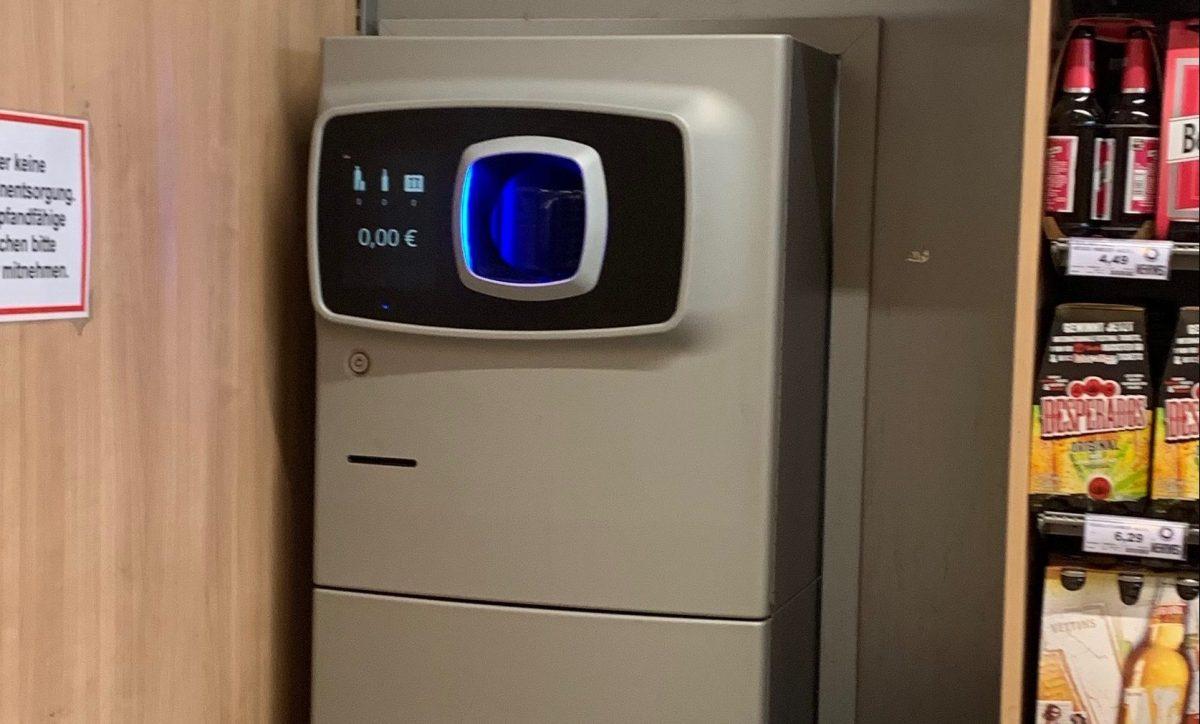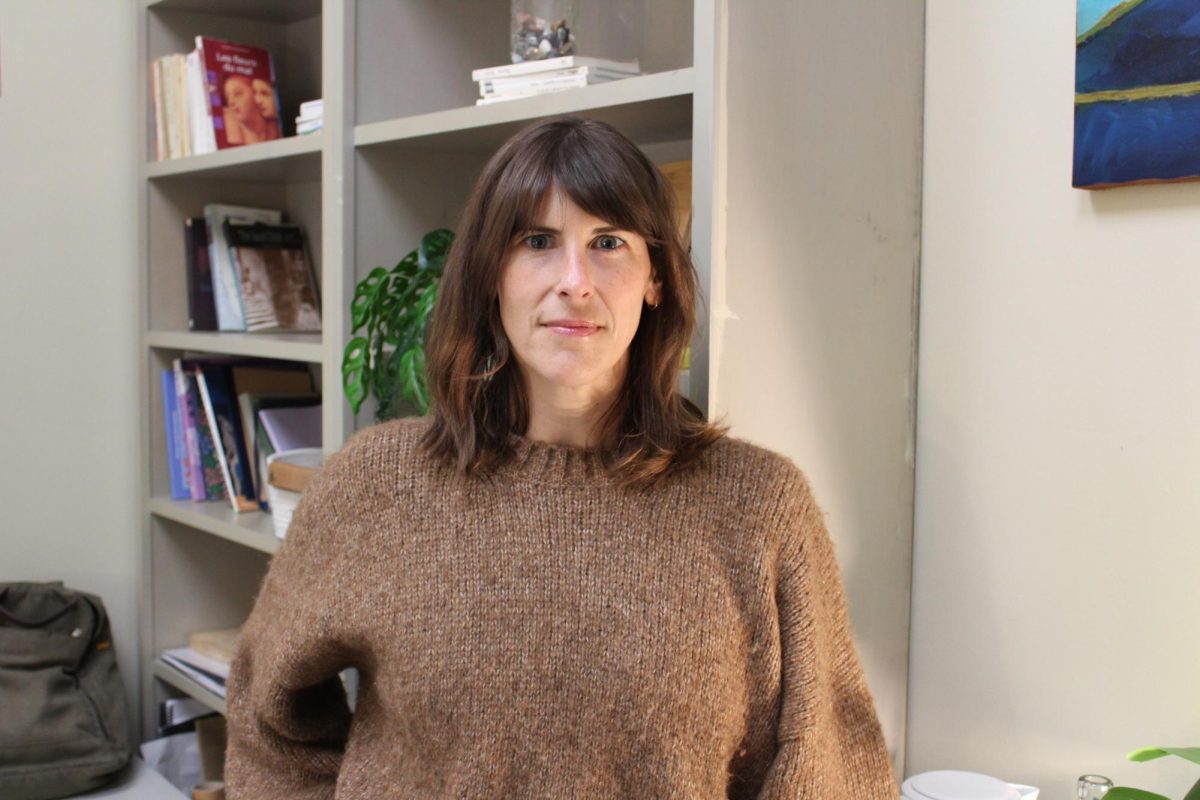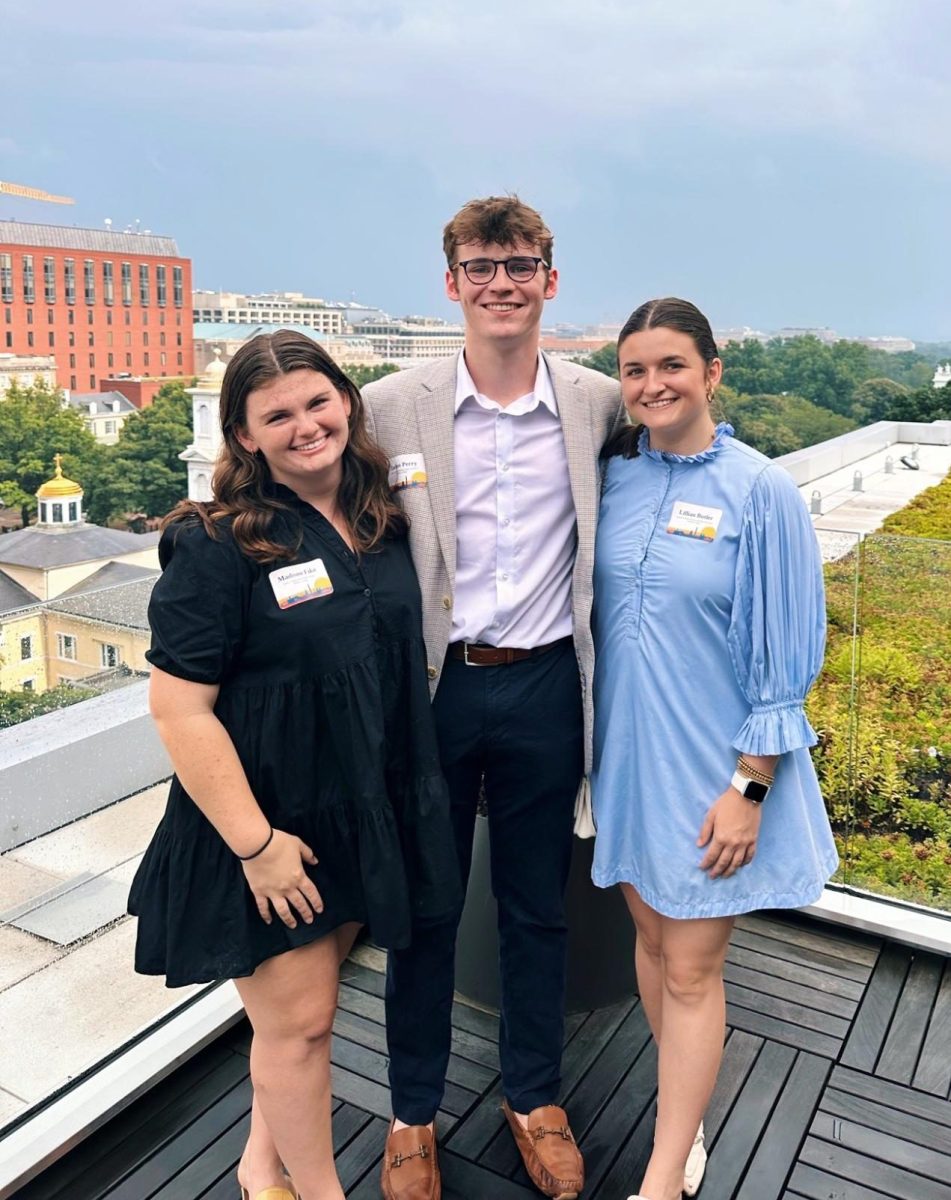A small aspect of sustainability and environmental consciousness in Germany
Most everyone is familiar with the following scene: a man wearing a white jumpsuit, driving a large white van, stops at the stoop of every house collecting empty glass bottles and replacing them with bottles full of milk.
This was the milkman’s normal routine in America beginning around 1785 and continuing (as they are often nostalgically pictured) through the early 1900s. However, with the invention of home refrigeration systems and the rise of grocery stores in the 1930s, the milkman soon became obsolete to most suburban communities.
In the early 1950s, the last milkman collected and replaced bottles during his final route. Ever since then, the milkman has become a symbol of idyllic life within suburban communities; it feels as if the very idea of a milk delivery system has become asinine to Americans.

However, in Germany, the functionality and responsibility of the milkman has now transferred onto the shoulders of the consumers. On most glass (and some plastic) containers, the word pfand is present. In English, pfand directly translates to “deposit.” So, when a customer purchases a pfand container, they will pay both the price of the product, in addition to the posted price of the container. But once they are finished using the container, it can be deposited at a pfand machine, and the price paid for the container will be returned to the customer.
For Germany, this has been a very effective way to incentivize customers to be more considerate of their waste disposal.
The pfand policy does more than just encourage consumers to be wary of what they throw away; it has also had a ripple effect within German social movements. Oftentimes people will place their empty bottles next to public trash bins, but not because they are too lazy to return them. Instead, homeless or underprivileged individuals can collect the abandoned bottles and receive the pfand money by depositing them into the machines, thus providing a possible source of income, independence and purpose.
Consumers can also make a more direct donation to various charitable organizations. At certain pfand machines, the customer can instead choose to donate their pfand money directly to their organization of choice.
The implementation of the pfand system is a small step in Germany’s journey to become a more environmentally-conscious nation. As of 2019, the pfand laws have also become more specific as to how vendors must label their products so buyers can be aware of an item’s degree of recyclability and environmental friendliness.
Similar systems modeled after Germany’s have also begun to appear in other parts of the world, including Australia, Belgium, Canada and Great Britain. Overall, the system encourages consumers to remain vigilant about what products they are purchasing, and how their small environmental footprint will contribute to that of the entire world.



























